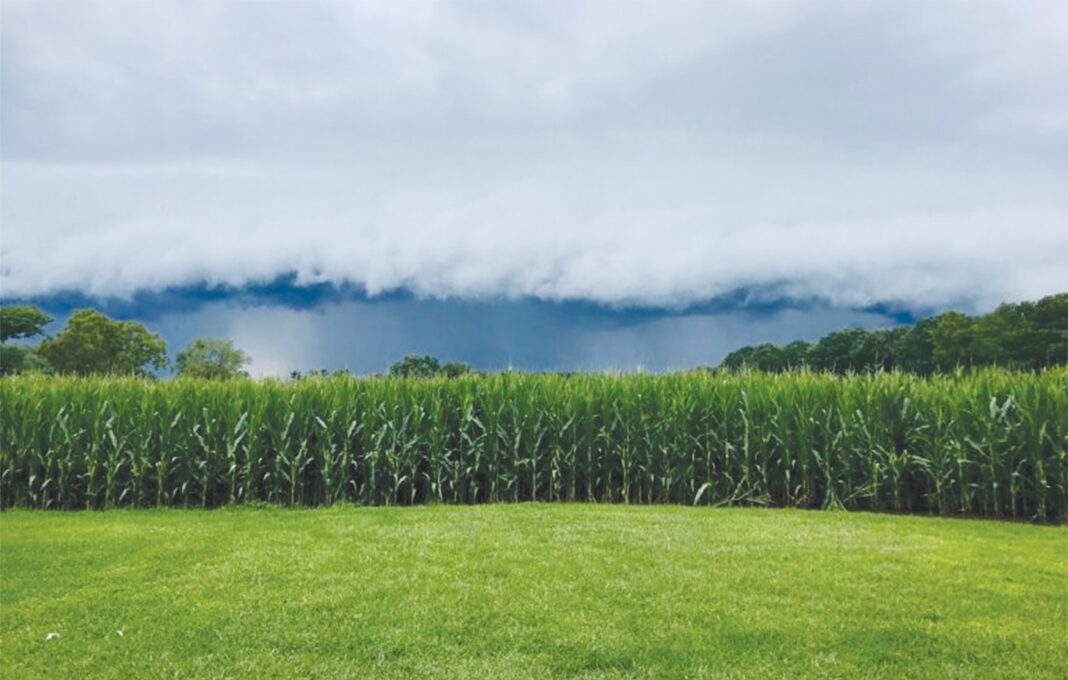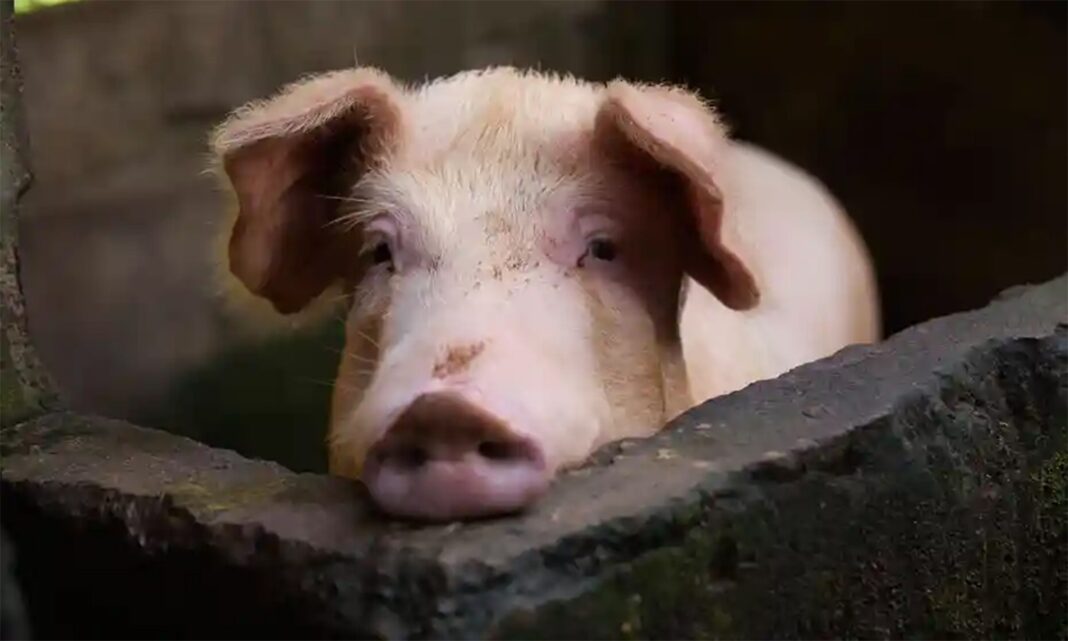By Kefiloe Kajane
The Lesotho National Farmers Union (LENAFU)’s vice president, Daniel Chakela, says the funding that the government gets from developed countries does not benefit farmers, who only get to hear about such funds when they are received but never know what happened to them.
Chakela was commenting on reports that the recent annual United Nations climate change conference COP26 that was held in the United Kingdom (UK) announced new funding to support African governments to roll out critical adaptation projects so at-risk communities can adapt to the impact of extreme weather and changing climates.
COP26 President Alok Sharma announced the new UK support for the Africa Adaptation Acceleration Program (AAAP), an initiative endorsed by African Union leaders and led by the African Development Bank, Global Centre on adaptation and the Africa Adaptation Initiative, to back African-led plans to accelerate resilience-building across Africa.
For his part, the UK Prime Minister Boris Johnson at the same conference announced that UK is offering an ambitious new guarantee mechanism – the ‘Room to Run’ guarantee – to the African Development Bank (AfDB). He said this is expected to unlock up to M30 billion worth of new financing for projects across the continent, half of which will help countries adapt to the impacts of climate change.
Chakela explained that if used right, the funding could help farmers to be sensitised about changing weather patterns and provide them with resources that could help them adapt better to climate change.
He said climate change has destabilised the agriculture sector to the extent that farmers no longer know the right time to prepare the soil for planting, or the right time to plant anything as the weather has become unpredictable.
“We have now resorted to using technology as our way of adapting to climate change when we plant. We use things like shade nets and greenhouses to have a better production. We really need to be included in this funding that comes to our countries. Government should always engage with relevant stakeholders when there is a funding,” Chakela said.
One of the major challenges facing farmers in Lesotho is severe land degradation which is a result of protracted droughts. It leads to poor food production and negatively affects food security.
According to a 2010 report by the Global Mechanism to United Nations Convention to Combat Desertification through a programme Land Degradation Neutrality (LDN) on Lesotho, the annual cost of land degradation in Lesotho is estimated at M827 million due to climate change.
Last month the ministry of forestry’s chief conservation officer, Malefetsane Nthimo, told theReporter that huge dongas that are visible everywhere in the country are a testimony to the negative effects of soil erosion. He said the bedrocks seen in most areas are also a testimony to lost soil.
He observed that the inhabitants are continuously neglecting land protection initiatives, resulting in the loss of soil surface.
He suggested that farmers are bearing the brunt of the adverse effects as the farming land losses soil fertility. He called for a swift action to curb the negative impacts due to soil loss in order to allow for proper cultivation.
“The top soil which contributes as the medium growth of different plants is gone and there will not be productivity for farmers. It also affects their cultivation land because most parts of the fields are eroded due to human behavior. Funds are needed to bring to a halt these activities
“The problem we have as a country is that our local authorities from different levels do not want to discuss and engage in the issues of land degradation. This is from the councilor, chief and executives in high offices,” he said.
The report by the Global Mechanism to United Nations Convention to Combat Desertification says in Lesotho, 46 000 people were living on degrading agricultural land in 2010, – a decrease of eight percent in a decade, bringing the share of rural residents who inhabit degraded agricultural land up to three percent of the total rural population.
The report explains that land degradation can severely influence populations’ livelihood by restricting people from vital ecosystem services- including food and water- increasing the risk of poverty.
“During the same period (2000-2010), the amount of people residing in remote degrading agricultural areas with limited market access declined by 11 percent, reaching 33 000 people. Populations in remote areas have restricted options for managing land and accessing other benefits of economic development,” the report reads.









